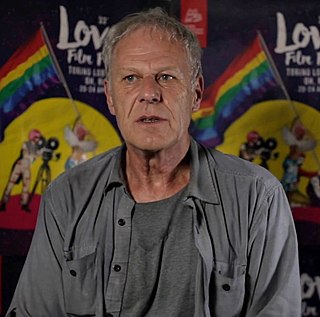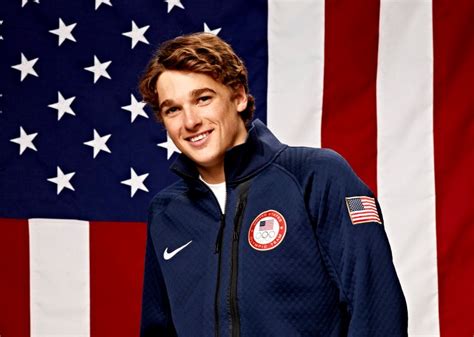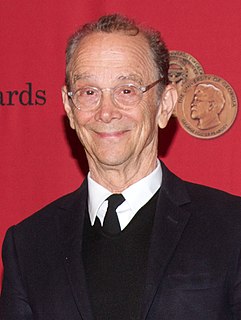A Quote by Paul Reiser
And after you've done the acting, there's a lot of places you can put your input - in the editing, in the production of it, in the rewriting of it and so on
Related Quotes
With the camera, it's all or nothing. You either get what you're after at once, or what you do has to be worthless. I don't think the essence of photography has the hand in it so much. The essence is done very quietly with a flash of the mind, and with a machine. I think too that photography is editing, editing after the taking. After knowing what to take, you have to do the editing.
I'm attracted to directors in general because I appreciate the work and the job they have to do. I watched the post-production, I watched the pre-production... post-production is something that I'm very interested in and I did spend a lot of time in editing rooms when I was young pretending to be sick.
Directing takes a lot longer than acting. This was about seven years in development, and then two and a half years with pre-production, production, post and now the release. Not that I have people banging on my door to star in movies, but it takes me out of the acting game for a longer chunk of time.

































